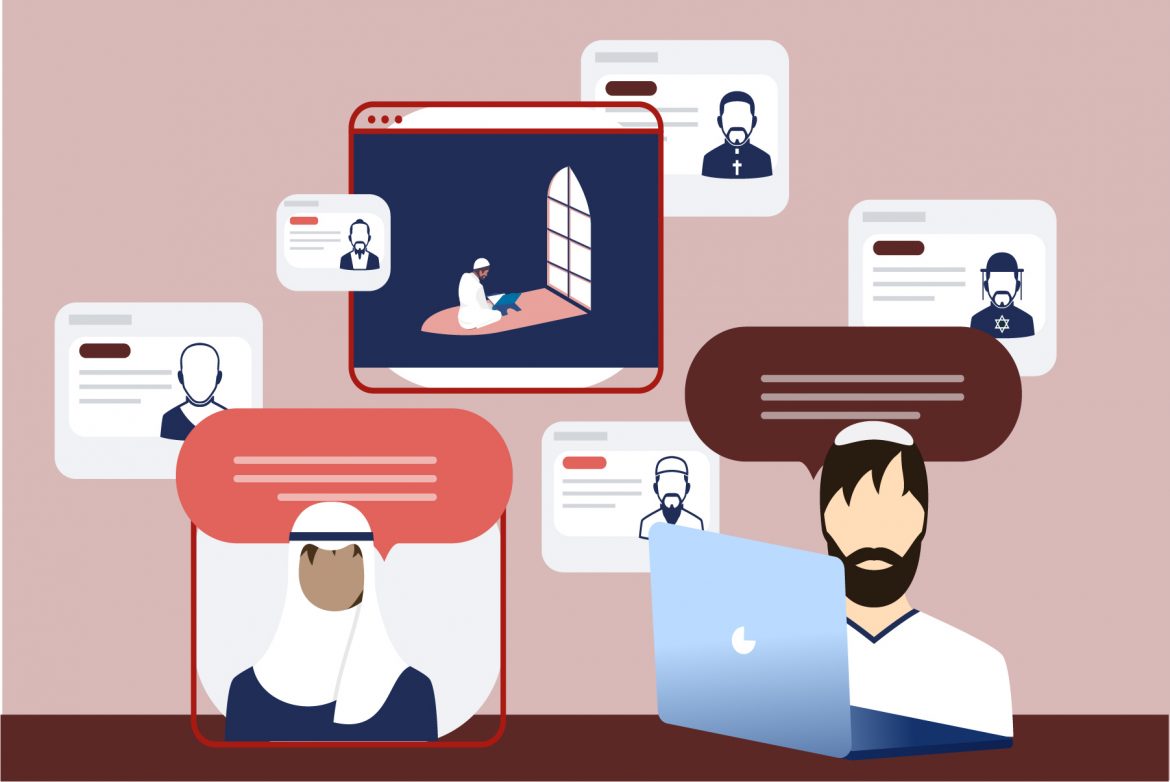While most classes were affected by COVID-19 regulations, some had to cut out major parts of their syllabi. One popular class, Living World Religions, lost one of the most important events of its semester. Since 1998, Dean of the College of Bible and Ministry Monte Cox has taken his class on a weekend field trip to Chicago or Dallas to visit the places of worship for Jews, Muslims, Hindus, Buddhists and Sikhs. Cox was forced to alter this tradition, however, in light of the pandemic.
“It’s one thing to listen to a Christian professor explaining the contours of Judaism or Islam or Hinduism or Buddhism,” Cox said. “It’s another thing to hear it from a practitioner.”
In spring 2020, the class had plans to go to St. Louis. However, because of travel restrictions, the semesterly trip has been on pause since.
“That was one of the things I was saddest to miss when we didn’t come back to campus after Spring Break,” senior Nickolas Simpson said. “The alternative assignment definitely taught me a lot about differing faiths [from] my own, but I imagine actually visiting the places of worship of these various religions and them telling us about their faith in person would have been another level of experience.”
Instead of traveling, the Living World Religions class has been zooming bi-weekly with the same people they would have visited.
“International Holocaust Remembrance Day [was] Jan. 27,” Cox said. “We Zoomed with a Jewish friend of mine from Chicago whose parents survived the Holocaust. Next week or the week after, we will Zoom with an imam from Dallas.”
The reason for the conversations, according to Cox, is to help the students put real names and faces to the facts they have learned in class.
“Each one professes a religion other than Christianity, and they tell us their story and a little about the traditions and beliefs they hold,” senior Allie Lightfoot said. “Most of the students who come to Harding have been highly exposed to one or two different religions or traditions, at the most. I think a lot of us would like to have a better understanding of the people around us, and for me specifically, I’m glad to learn about the contact points and contradictions of each religion that I’ll be able to hopefully ask about in conversation with someone.”
Cox said he views the Zoom interviews as a distant second best to the in-person experience and is hoping to start the traveling experience as soon as possible.
“I think it helps them feel more comfortable in the future engaging a Sikh or Muslim or Hindu or Buddhist in conversation about their faith,” Cox said. “I’ll do it as soon as I can, and I hope that’s November.”
